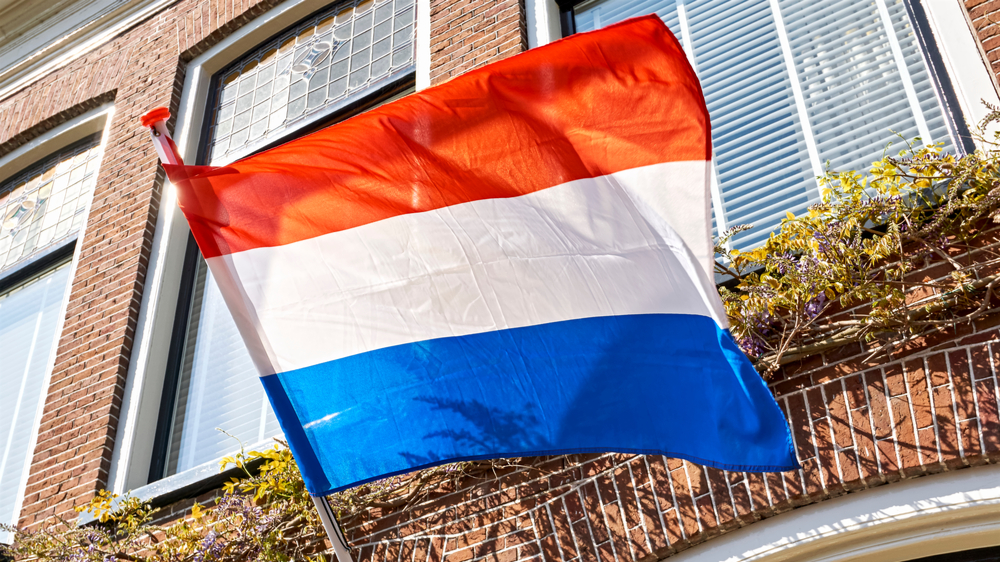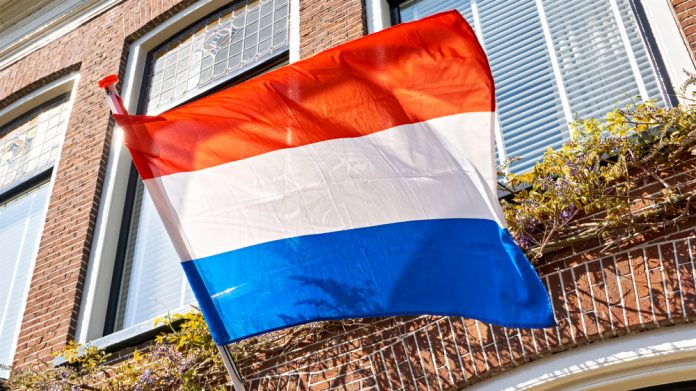An increase in gambling taxes in the Netherlands has resulted in a decrease in tax revenue for the country, sending a warning to US states that have been implementing similar tax hikes.
The country increased its tax on gambling from 30.5% to 34.2% this year, but it is now facing a significant shortfall. Figures from the Licensed Dutch Online Gambling Providers (VNLOK) trade body indicate that gross gaming revenue in the first half of 2025 will be down 25% compared to last year.
VNLOK had warned the Dutch gambling regulator Kansspelautoriteit (KSA) that raising the rate would result in less taxes collected, stating: “All the facts and figures indicate that the tax increase will lead to a further depletion of the regulated supply. Tax revenues will fall as a result. At the same time, an increase in illegal and therefore riskier gambling is to be expected.”
KSA is expected to see just 83% of the tax revenue collected from the same period last year. The KSA plans to raise the tax rate again next year, up to 37.8%, but may have to reconsider if revenues continue to decline.
Gambling Sponsorship Ban & Deposit Limits Reduce Revenue
According to VNLOK, the drop in revenue is due in part to other measures by the KSA, which are limiting the activities of gambling companies. The regulator introduced a ban on betting sponsors across all sports, and although it declared the prohibition had been successfully implemented, VNLOK argues it is negatively impacting revenue figures.
In addition, since October 1 last year, players have been prohibited from depositing more than €700 ($796.24) a month, with this amount dropped to €300 for those aged between 18 and 25.
KSA chairman Michel Groothuizen admitted he knew the limits placed on operators would lead to a reduction in revenue. Speaking to the NL Times, he commented: “The measures we have taken to offer players more protection have made it financially more difficult for providers. This has led to a decrease in the gross gambling result for the entire market. Consequently, the gambling tax revenues have also decreased.”
Groothuizen played down the effect of the tax increase, adding: “Even before the increase in gambling tax was implemented, the KSA indicated that this would be the effect.”
Players Move to Unregulated Gambling Platforms
Justin Franssen, a partner at Franssen Tolboom Lawyers, believes that the changes implemented by the KSA are leading players to move increasingly to unregulated gambling platforms.
Franssen commented to Sigma earlier this year: “Players are exiting the legal market once they have to start to share very personal financial information with licensed operators. It is incredibly naive to think those players simply stop playing.”
“I believe we have just seen the start of player migration to the black market. This will further accelerate when future additional restrictions will be put on the licensed market.”
Franssen went on to add that only when taxes show a rapid decrease will the government reconsider the measures taken to limit the activities of gambling companies.
“The government is not really interested in the commercial impact on the industry and currently there appears to be very little sympathy generally for the sector. Last year, the government collected more than a billion in gaming taxes. Once that number seriously decreases, only at that point may they come into action.”
US Sportsbooks Warn States Over Tax Increases
In the US, betting companies have similarly warned regulators about the risks of increasing gambling taxes. Illinois introduced a tax on all bets placed in the state earlier this year and has followed that with increased restrictions on gambling advertising this week.
Lawmakers in Louisiana, Maryland, New Jersey, and Ohio have recently approved tax increases. Still, the situation in the Netherlands suggests that a tipping point is approaching, which could lead to states collecting less revenue from the industry while also fueling the growth of unregulated platforms.

